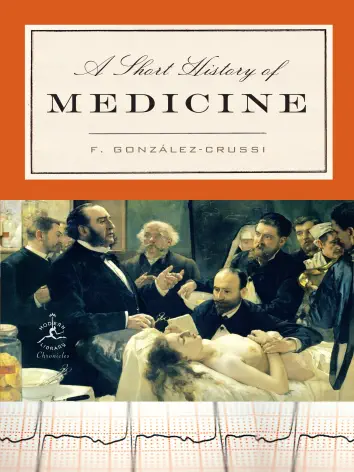Current Affairs/Asian Studies
Winner of the Overseas Press Club Award for the best book on Foreign Affairs
A New York Times Notable Book of the year
“A stimulating, provocative book . . . fresh and valuable.”
—The New York Times Book Review
In 1868, Japan abruptly transformed itself from a feudal society into a modern industrial state. In 1945, the Japanese switched just as swiftly from imperialism and emperor-worship to a democracy. Today, argues Patrick Smith, Japan is in the midst of equally sudden and important change.
In this award-winning book, Smith offers a groundbreaking framework for understanding the Japan of the next millennium. This time, Smith asserts, Japan’s transformation is one of consciousness—a reconception by the Japanese of their country and themselves. Drawing on the voices of Japanese artists, educators, leaders, and ordinary citizens, Smith reveals a “hidden history” that challenges the West’s focus on Japan as a successfully modernized country. And it is through this unacknowledged history that he shows why the Japanese live in a dysfunctional system that marginalizes women, dissidents, and indigenous peoples; why the “corporate warrior” is a myth; and why the presence of 47,000 American troops persists as a holdover from a previous era. The future of Japan, Smit suggests, lies in its citizens’ ability to create new identities and possibilities for themselves—so creating a nation where individual rights matter as much as collective economic success. Authoritative, rich in detail, Japan: A Re-interpretation is our first post-Cold War account of the Japanese and a timely guide to a society whose transformation will have a profound impact on the rest of the world in the coming years.
“Excellent . . . a penetrating examination.”
—International Herald Tribune






Reviews
There are no reviews yet.